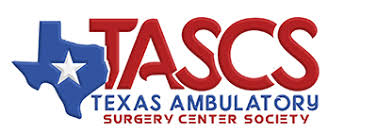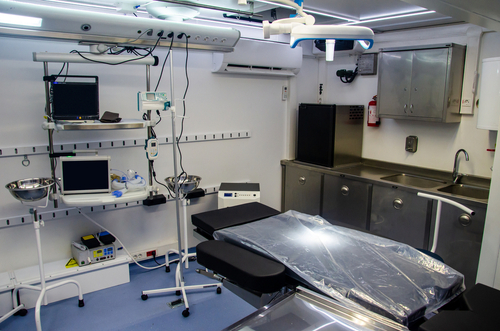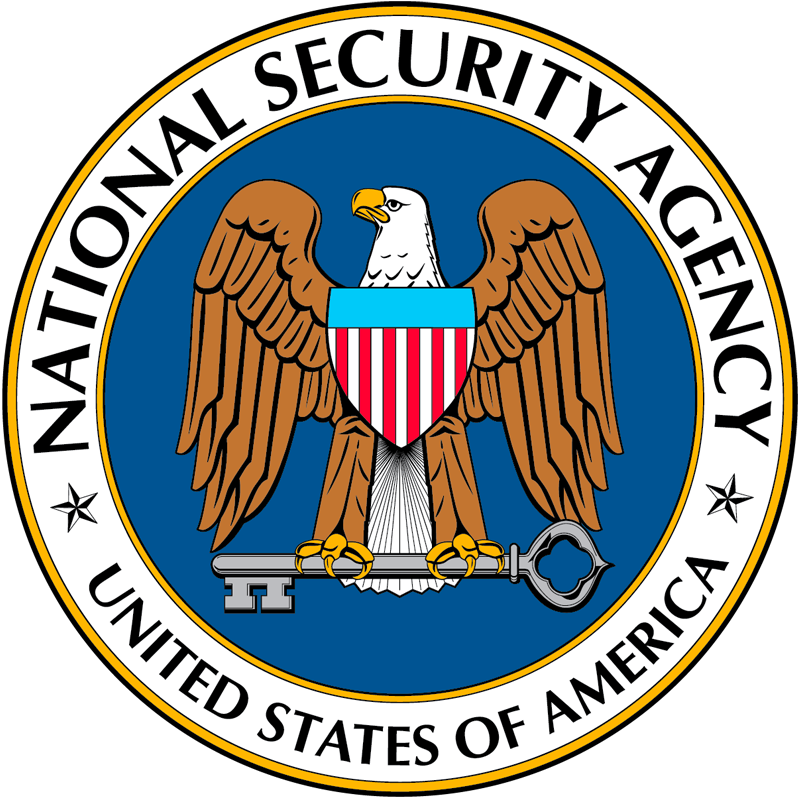
Editor's Note Running effective emergency drills in ambulatory surgery centers (ASCs) requires strategic resource use, role clarity, and consistent adaptation, Texas Ambulatory Surgery Center Society July 8 reports. Drawing on insights from Laura Schneider, senior clinical director at AMSURG, the piece outlines practical steps to ensure ASCs can respond effectively…

While most emergency surgical procedures are carried out uneventfully and safely, the OR is also a place where potentially life-threatening and least-expected instances can arise. Emergencies such as malignant hyperthermia, intraoperative cardiac arrest, and anaphylaxis can catch OR leaders and staff off guard. Perioperative teams need proper and adequate preparation…

Imagine an innovative, safe, and highly efficient OR not confined by walls but on wheels—crossing rugged terrains, bustling cities, and disaster-stricken areas to deliver life-saving surgical care in underserved areas. That is the premise and promise of mobile ORs. They are not just mobile units. With some of the technological…

Editor's Note The US Government Accountability Office (GAO) is urging the Department of Health and Human Services (HHS) to strengthen its approach to diagnostic testing during a pandemic or other public health crisis, citing ongoing gaps in leadership, coordination, and readiness, according to a June 5 report from the Center…

Editor's Note AI systems are only as secure and reliable as the data that powers them. That’s the central message of a guidance sheet jointly issued May 22 by the NSA, CISA, FBI, and cybersecurity agencies from Australia, New Zealand, and the UK. The document outlines best practices for securing…

Editor's Note Eliminating the Federal Emergency Management Agency’s (FEMA’s) key disaster preparedness grants could weaken hospital infrastructure and jeopardize care during future crises, according to a May 5 report in Modern Healthcare. As detailed in the article, the Trump administration has cut $3.3 billion in annual funding by ending the…

Editor's Note The Trump administration has dismantled the federal committee responsible for shaping national infection prevention standards in hospitals, sparking concern among healthcare experts over future preparedness, NBC News reported May 6. According to the article, the Centers for Disease Control and Prevention (CDC) informed members of the Healthcare Infection…

Editor’s Note Healthcare organizations are hemorrhaging millions to cybercrime and turning to medical staff as unlikely but indispensable defenders in the face of this growing threat. As detailed in a Cyber Security News April 29 article, healthcare remains the most expensive industry for data breaches, with the average cost reaching…

Editor's Note Tariffs on medical equipment and supplies continue to climb—a situation that calls for action on the part of healthcare organizations, according to an April 23 article from nonprofit safety organization ECRI. The article highlights ten proactive steps organizations can take to protect both care quality and the bottom…

Editor's Note One cyberattack can unravel years of work and financial stability for a surgical practice. That’s the central warning in an April 9 commentary by Lenworth M. Jacobs Jr., MD, MPH, FACS, professor of surgery at the University of Connecticut and director of the Trauma Institute at Hartford Hospital.…